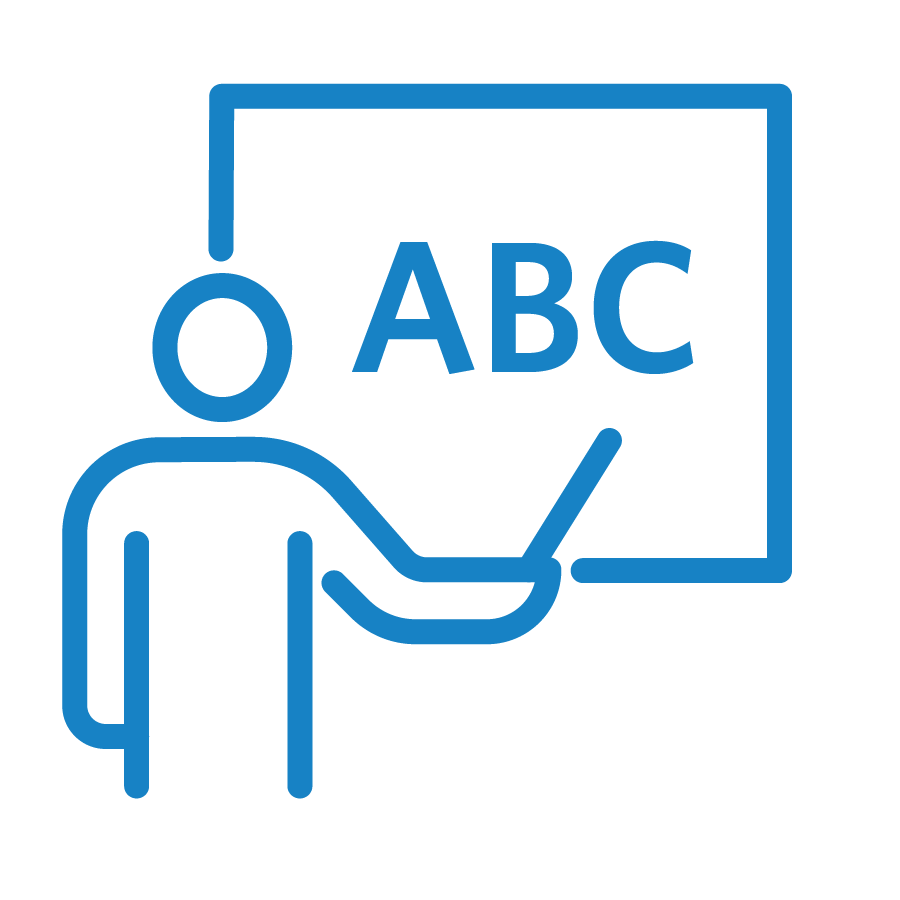Filter resources by:
Select a filter from the drop down menu to apply the filter. Page reloads upon selection

Jan 24, 2022
Executive Function and Process Writing
Using 5-Step Writing Process At Landmark, teachers help students develop written language skills through a consistent, research-based, multi-step writing process that occurs in two distinct phases: the prewriting phase (brainstorm, organize), which is all about generating and organizing ideas, and the writing phase (rough draft, edit/proofread, final draft), which tasks students to take all of
Read Blog
Jan 12, 2022
Using Visualizing as a Reading Comprehension Strategy to Engage High School Learners
Common Language for Reading Comprehension Much like developing a base for discussing decoding and fluency with students, establishing a common language for reading comprehension is of great importance. Many teachers focus on the six active reading strategies: Visualize; Clarify; Question; Predict; Connect; Evaluate. I’ve even heard the catchy mnemonic device, “Vicky called Queen Penelope cute
Read Blog
Jan 6, 2022
Bottom-up and Top-down Teaching
Teacher training models where component skills and content are acquired and then passed on encourage us to think “bottom-up” as educators. There are many benefits to what might be termed bottom-up teaching: the inductive practice of introducing specific skills in sequence and with abundant, success-oriented practice. A teacher leading her students on this journey often
Read Blog
Nov 29, 2021
The Simple View of Reading
Decoding refers to word-level reading and linguistic comprehension refers to the ability to understand the spoken language in which the words are written. When students are able to decode, they engage their cipher skills and word-specific knowledge. Cipher skills reflect an understanding of the code of the language and how to use that code to
Read Strategy
Nov 18, 2021
Supporting Students in Developing Automatic Word Recognition
Why do we need to perform rocket science for some students? Reading researcher, Maryanne Wolf, reports in her book Proust and the Squid: The Story and Science of the Reading Brain (2007) that reading ability is not an inherent genetic trait in humans: it is a specific skill that must be taught. Spoken language has
Read Blog
Oct 28, 2021
Handwriting and Literacy Development
Although every student can benefit from handwriting instruction and practice, focus and attention on letter formation are especially necessary for students who are diagnosed with specific learning disabilities (SLD), like dyslexia or dysgraphia. Often, students with SLD write more slowly and less clearly than their peers. In an effort to help students record information quickly
Read Strategy
Oct 12, 2021
Paraphrasing to Support Reading Comprehension
Reflect back on the first pages of To Kill a Mockingbird. They make many references to American history and relevant locations in the American south: Andrew Jackson, “Creeks up the creek,” Battle of Hastings, Mobile, Montgomery, and the list goes on. Imagine trying to make a mental movie of the setting of this novel if
Read Blog
Oct 1, 2021
Reading Fluency in High School: Beyond Rate and Accuracy
Traditional reading fluency programs focus on rate and accuracy. Attention is seldom given to prosody or reading with intonation and expression. However, with the new push for science and evidence-based reading instruction, Rasinski argues that we should no longer consider commercial reading programs that focus solely on rate and accuracy to be as effective, citing
Read Blog
Sep 8, 2021
Using a Decoding Toolkit to Develop a Common Language
Establishing a Common Language A successful skill progression will begin with phonemic practice and syllabication principles and move toward learning orthographic expectancies (common letter patterns) and vocabulary with the goal of developing sight words and automaticity. However, before engaging in any skill instruction, it is important for students and teachers to ensure that they are
Read Blog